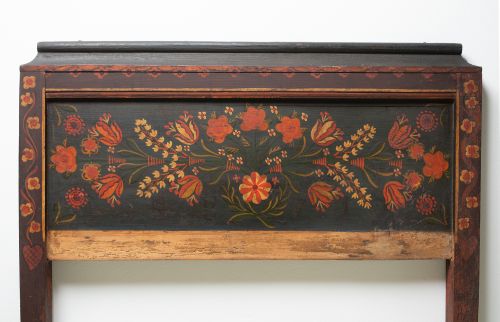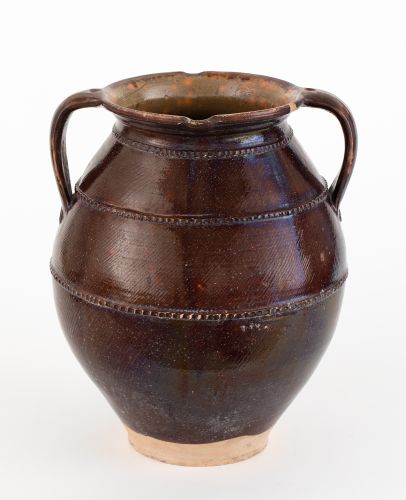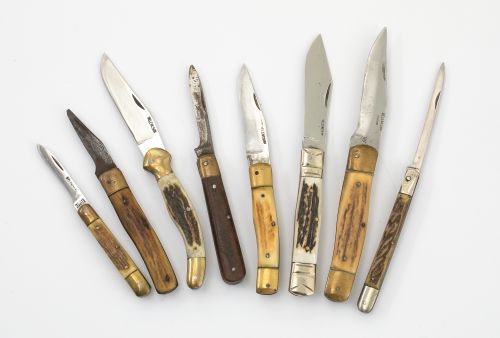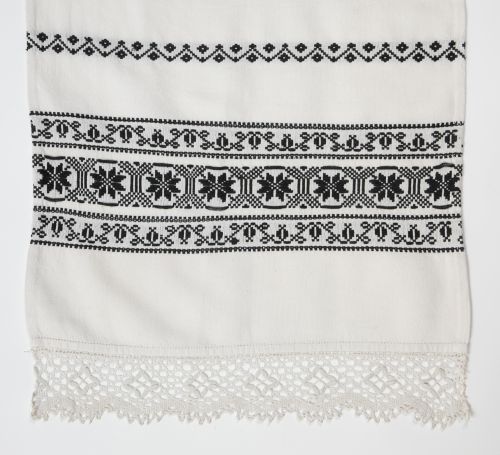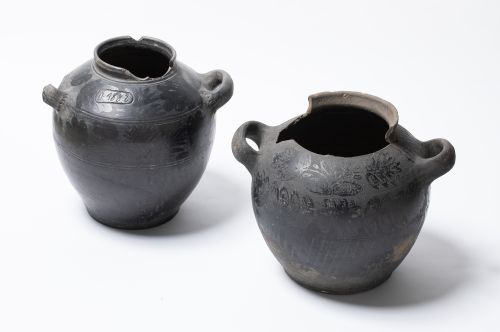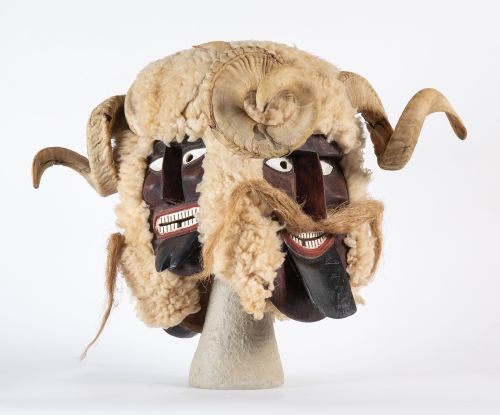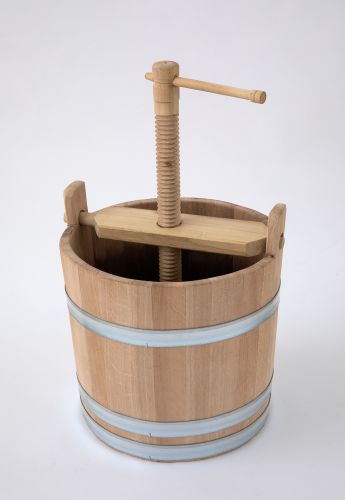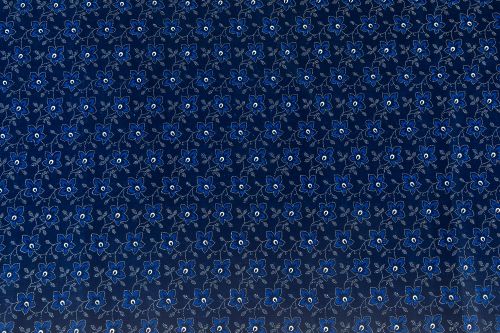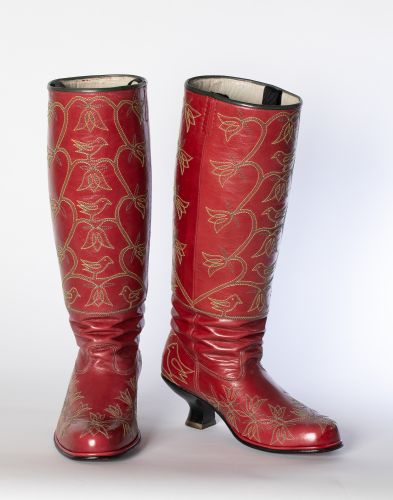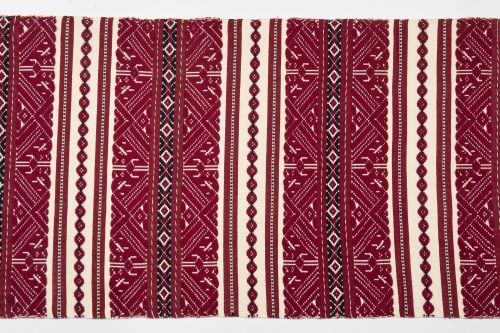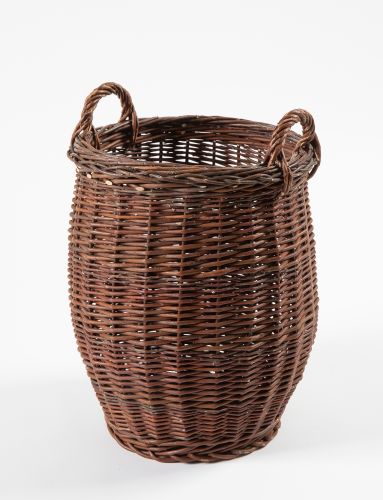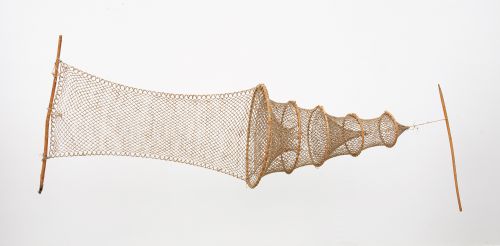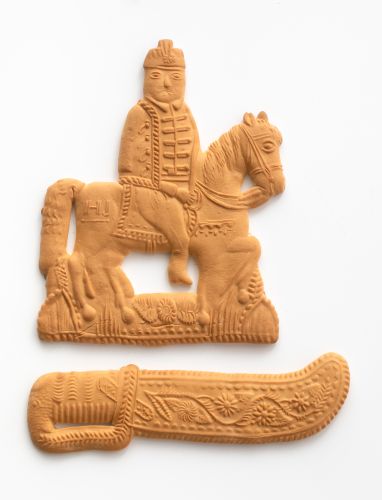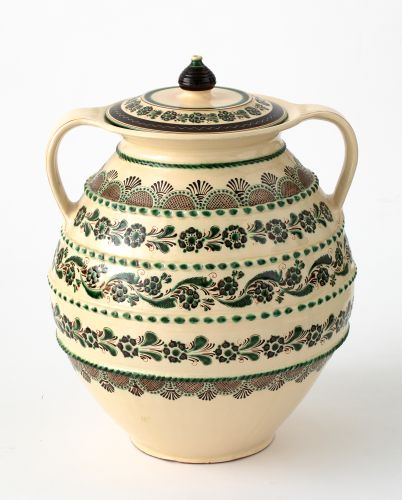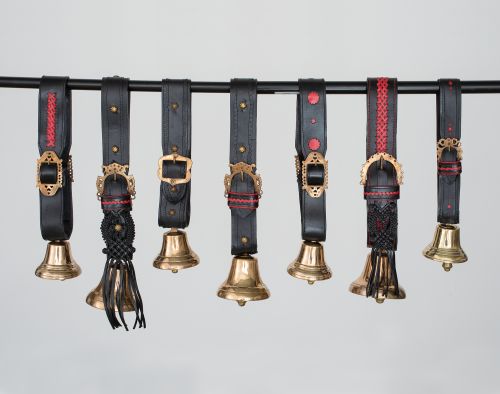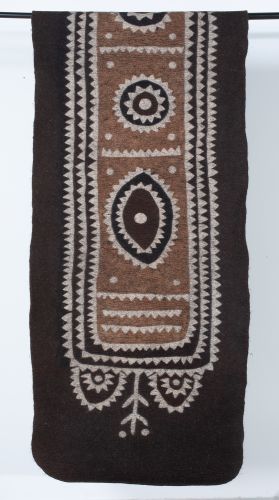The Vajda family of ornamental blacksmiths
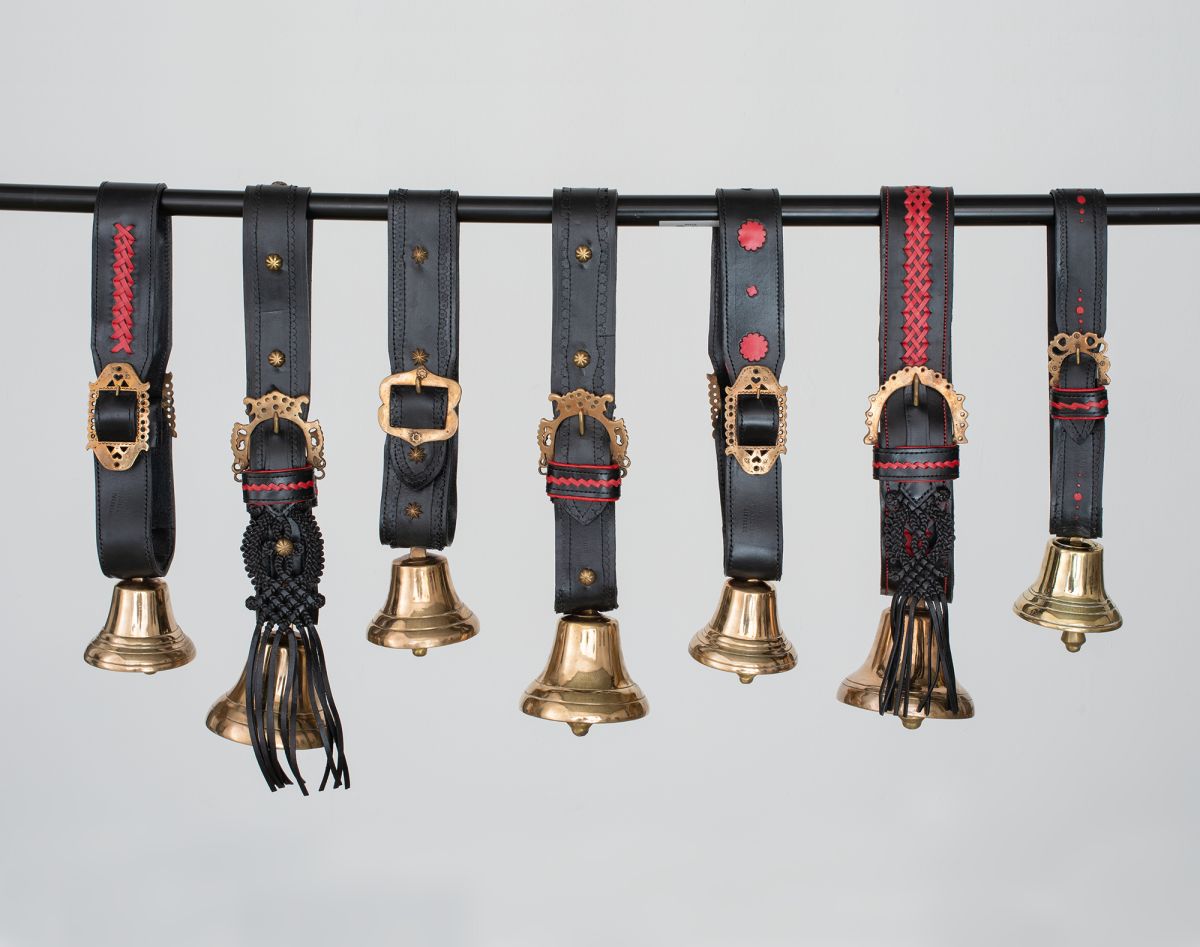
VAJDA László
String of bells / 2018
copper / girthed and fitted with an ornate trappings by Gyula Gyifkó, saddler and harness maker from Kistelek
Photo: SULYOK Miklós
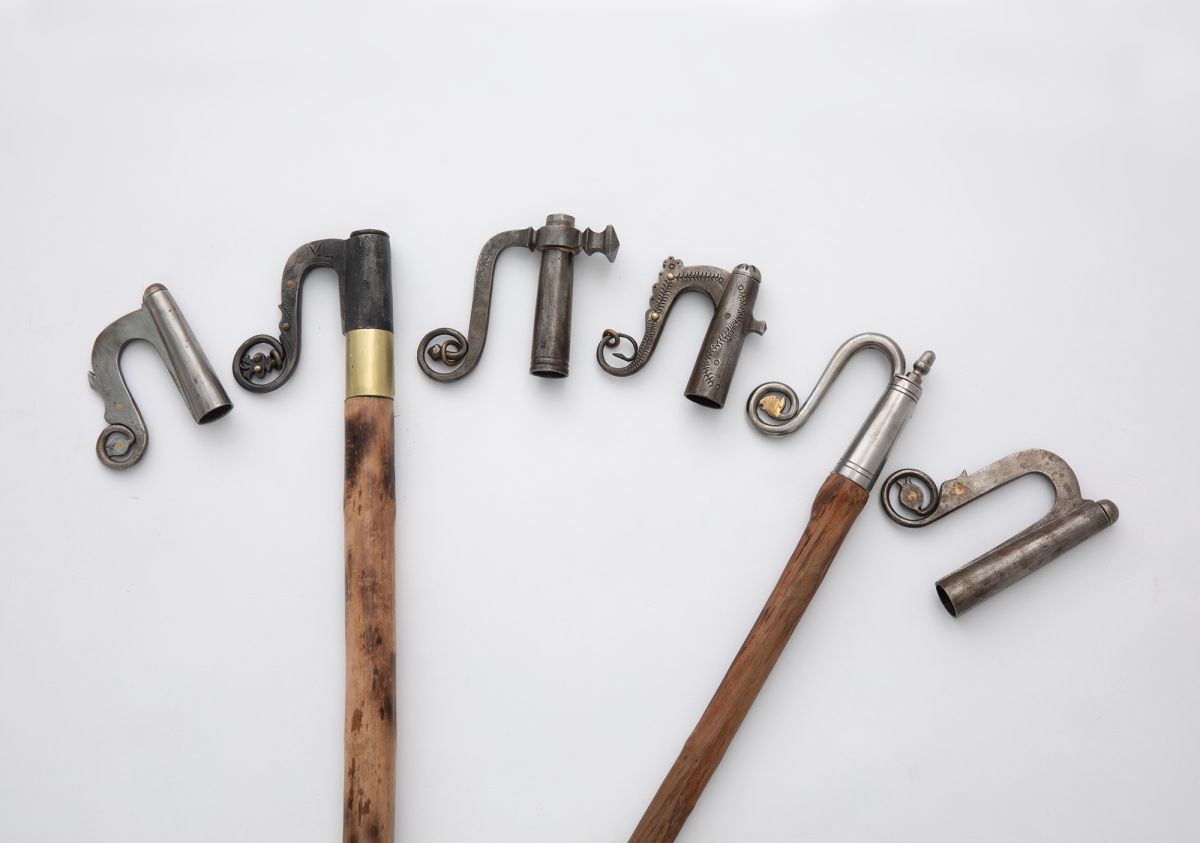
Jr VAJDA László
Wrought iron shepherd’s crooks / 2020–2022
Wrought iron shepherd’s crooks thus far completed within the project titled “Secrets of the Shepherd’s Crooks of the Carpathian Basin” by the maker, who was a scholarship holder of the HAA Research Institute of Art Theory and Methodology in 2020.
Photo: SULYOK Miklós
László Vajda was born in Tiszaeszlár in 1953. He learned the basics of the craft from master blacksmith Gábor Szép in Tiszaeszlár. In 1975 he passed his master’s exam and then became a vocational teacher at the Industrial Vocational Training Institute in Tiszavasvár. He collected and made more and more iron and other metal objects related to the former peasant way of life, agriculture and folk architecture, and from 1983 onwards he presented the latter in various prestigious exhibitions. In Hajdúnánás and Tokaj, he participated in creative camps where he met craftsmen and ethnographers who loved and understood folk art and considered it worthy of processing, and joined the creators and researchers of the Nomadic Generation. In 1986 he received the title Applied Folk Artist. In 1991, he opened the Vajda Blacksmith’s Workshop in Tiszaeszlár, where he repaired tools, made ornamental items and cast bells. He founded the Hungarian Blacksmiths’ Guild and organised numerous professional events, including the National Meeting of Blacksmiths, which has been held at the Tokaj artists’ colony several times since 1987. He received the Király Zsiga Award in 1995, and his skills have been recognised in several categories at international blacksmiths’ meetings (Austria, Poland, Czech Republic). He was named Master of Folk Art in 2004, and in 2013 he received the Knight of Hungarian Culture award, and in the same year he was elected a corresponding member of the Hungarian Academy of Arts. The work of the workshop he runs is not without its educational value: 15 blacksmiths were released at the end of their apprenticeship, most of whom remained in the profession, with their own workshops and independent businesses.
His son, László Vajda Jr. was born in Tiszalök in 1978. He joined his father’s workshop in 1996 and learned the blacksmith’s trade from him. After his studies he worked with many renowned masters in Budapest, Vienna and Japan. Together with his Moldavian Changó wife, they run the Vajda Blacksmith’s Workshop and are actively participating in the handicraft scene of the Carpathian Basin. He received the title Applied Folk Artist and in 2018 the title Master Ornamental Blacksmith. He is an organiser of exhibitions, blacksmiths’ meetings, courses and has successfully participated in numerous domestic and international competitions representing the trade and Hungary. In 2019, as a blacksmith instructor at the Teleki Blanka High School and Vocational School in Tiszalök, he was involved in the blacksmith training of 23 students. They wish to pass on folk life, culture and the blacksmith’s trade to their children in the best possible way.
The family motto is: “The blacksmith may die, but the craft can never perish!”
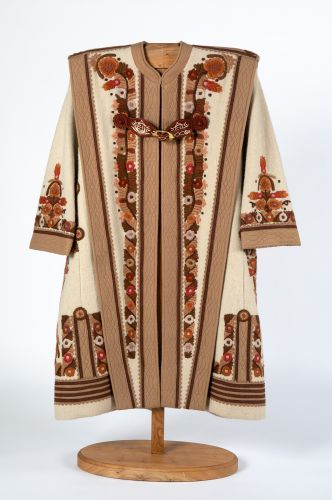
The Csibi family, peasant cloak embroiderers and makers
